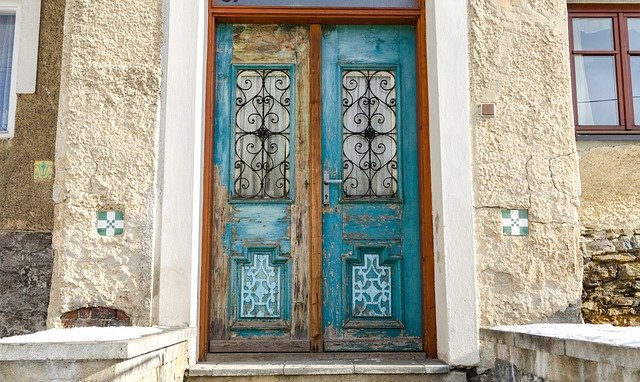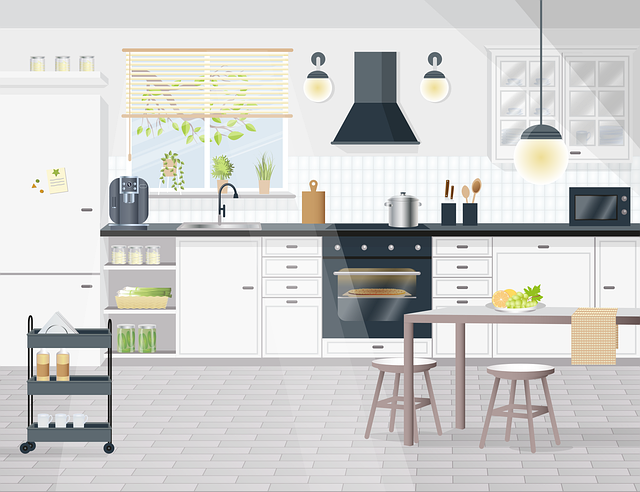The main effect of oven cleaner on kitchen countertops
We know that when you invest in high-quality countertops, you definitely want to do everything possible to keep them in top condition. Did you know that some cleaning products are too harsh to use? If you’re wondering, “What effect does oven cleaning have on kitchen counters?” You have come to the right place. Identifying potential hazards and learning how to keep countertops clean and safe is important.
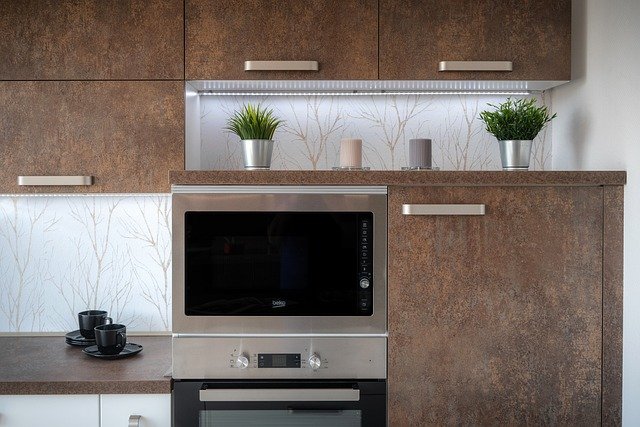
Does oven cleaner stain countertops?
Ovens are prone to grease build-up. With regular cleaning, homeowners can easily find a heavily embedded layer of grease that can be removed with regular cleaning products.
This requires kiln cleaners to remove the toughest soils. Oven cleaners are easy to use without overcleaning. Spray, wait, and wipe.
While these cleaners are great for ovens, these harsh cleaners are not recommended for use on quartz countertops.
Here are some countertop oven cleaning effects:
1. Corrosion
Most oven cleaners contain harsh cleaning chemicals. Manufacturers label them in large, bold letters as corrosive, and too many chemicals can irritate the skin.
Why are these products oven safe? Most ovens typically use stainless steel with a layer of acrylic enamel. This enamel forms a hard layer on the metal, providing additional protection against chemical fumes and spills.
2. stripes
Using an oven cleaner on your kitchen counter leaves grease, food residue, and other unsightly streaks behind.
3. Discoloration and coloring
Quartz countertops are non-porous, making the surface highly stain-resistant but not entirely stain-free.
The first time you use an oven cleaner for a quick clean, you won’t notice any visible changes to your quartz countertop. But continued use of abrasive cleaners will gradually strip the surface and may result in discoloration or staining.
Can I use oven cleaners on granite countertops?
Unlike quartz, granite is a natural stone. There are no polymeric resins that can react with harsh chemicals. However, using granite oven cleaner is not recommended because it has a thin layer of sealer on the surface.
Continuous use can peel the coating and heal the stone. Granite absorbs liquids and starts to stain.
Can an oven cleaner be used to clean marble countertops?
While marble countertops are often sealed, their protective coating gives them a clear shine. The harsh chemicals in the oven cleaner can damage the coating. This tip also applies to other countertops, including polished coated tile or painted wood countertops.
1. Do not use it in a self-cleaning oven.
Using oven cleaner to do a self-cleaning oven can corrode the oven’s special enamel coating. when if you have a self-cleaning oven (not to be confused with an oven’s normal self-cleaning cycle), consult your manual to find out which products are safe to clean.
2. Don’t think you can clean the entire inside of your oven with oven cleaner.
When using an oven cleaner to shine the oven interior, some parts of the oven must be avoided to prevent damage. Do not clean your unit’s upper or lower heating elements, and stay away from the gaskets, as the cleaner could causes them to degrade and lose their tight seal.
3. Do not use without protection.
The oven cleaner does an excellent job of removing food from the oven. Everything is organic, just like your skin. Wear rubber gloves to protect against oven cleaning chemicals’ caustic and corrosive nature. Consider should wearing goggles or another form of eye protection.
4. Do not use near sensitive people or pets.
Be sure to take precautions and do not use the product around people with asthma, other breathing problems, or sensitivities. Oven cleaning fumes can be dangerous for pets, especially birds.
5. Do not store in an easily accessible place.
To be blunt, oven cleaner is dangerous and should be kept out of the reaching of children. Even if you don’t have pets or children, you don’t know that children can accidentally pick it up when they visit. Don’t risk it – store it out of reach or behind a child-safe cupboard.
How to remove oven cleaning stains:
Acetate, acrylic fabric, carpet (synthetic or wool),
Modacrylic, Nylon, Olefin, Polyester, Rayon, Silk,
Spandex, Triacetate, and Wool Sponge (a method of using a moistened pad to apply light strokes from the center outwards) to the stain with cool water. If the stain persists, neutralize the stain with a few drops of mild acids, such as lemon juice, white vinegar, or a 10% acetic acid solution. Sponge the area thoroughly with cool water. Silk and wool must be treated quickly, as oven cleaners will destroy these fabrics.
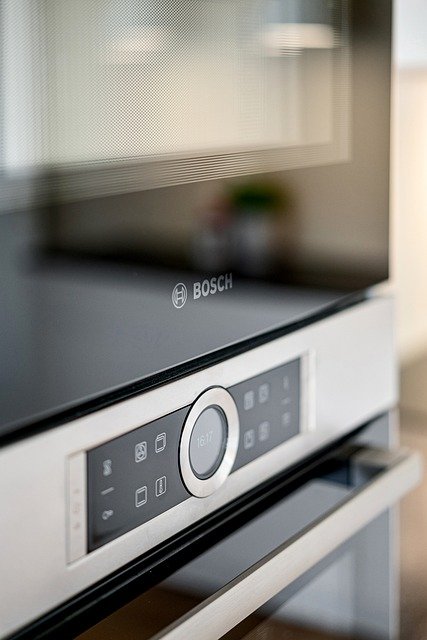
How to remove oven cleaning stains:
Acrylic plastic, aluminum, asphalt, ceramics
Glass/tile, cork, linoleum, paint (matt or gloss),
Plexiglas, polyurethane, vinyl clothing,
vinyl tile, vinyl wall cladding
Clean well with a cloth dampened with cold water. Dry with a clean, soft cloth.
How to remove oven cleaning stains:
Bluestone, brick, concrete, masonry, tile
terrace
Some oven cleaners are washed with a strong soda and water solution because soap scum is almost impossible to remove. Rinse well and dry.
What types of wood furniture can be removed with an oven cleaner?
The oven cleaning method is best used on real solid wood. It will not work on engineered wood (such as MDF). While it can be used on wood veneers, I don’t recommend it because it can damage wood veneers.
Since the cabinet must be wet to wash the oven cleaner, the coating will often bubble or warp in the process. I used it in a piece with small drawer sections, which didn’t destroy, and I had to redo a section.
Frequently asked questions about cleaning furniture with oven cleaner.
Is oven cleaning safe for furniture?
All chemical strippers carry some risk, so read the warning labels and decide for yourself. With proper care and ventilation, the risk is the same as using the product in your oven.
What Brand of Oven Cleaner Should I Use to Clean Furniture?
Easy Off is the only one I’ve tried and found effective!
How does oven cleaner work to remove furniture?
Oven cleaner has solvents to remove dirt and grease from the oven, and these solvents can remove stains and finishes from old furniture. Hardeners that help adhere to the surface of your oven will help to adhere to the surface of your furniture. This allows it to work on the surface longer than some common chemical strippers, allowing them to fade or evaporate.
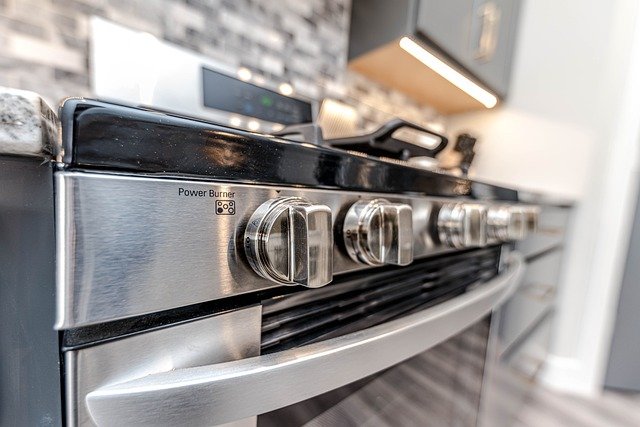
Can you refinish the cabinet (i.e., paint or stain) after removing it with oven cleaner?
Guaranteed! I recommend cleaning the piece with mineral spirits before staining or finishing if there is paraffin left over from the oven cleaner, as this will affect how your wood takes on a new finish.

